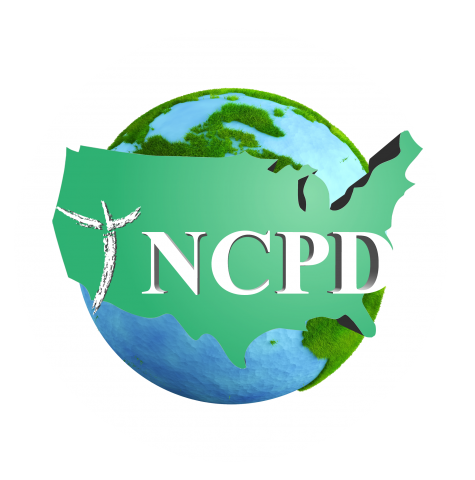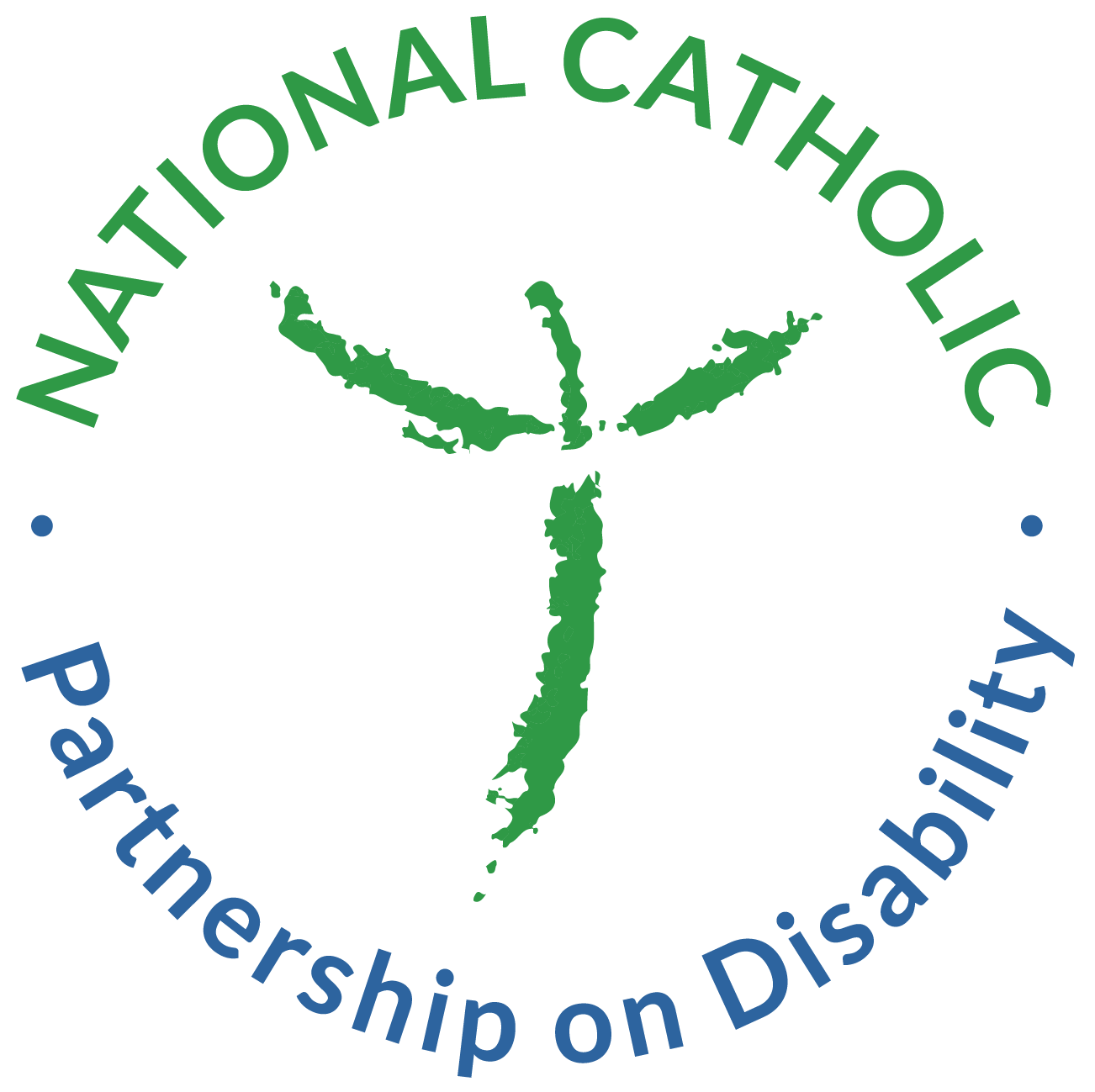
NCPD Applauds Pro-Life Protections in H.R. 3962 and Opposes their Omission from H.R. 3590; Seeks Assurances for Persons with Disabilities.
The National Catholic Partnership on Disability (NCPD) applauds the 240 members of Congress who supported The Stupak-Pitts Amendment in the US House of Representatives’ Health Care Reform proposal (H.R. 3962). This amendment would permanently prevent the funding of abortion within the public option of the plan, consistent with the provisions of the Hyde Amendment. Also consistent with these same provisions, the Stupak-Pitts Amendment would prohibit the use of public funds for premiums paid to private plans that include abortion. Cognizant of an incipient movement toward eugenics in health care public policy, as evidenced by the fact that ninety percent of fetuses with Down Syndrome never are allowed to be born, these protections are welcomed. However, there is no guarantee that the final version of the Health Care Reform legislation will include these provisions. In fact, the Senate version of this legislation (H.R. 3950) requires each state to offer a plan that includes abortion coverage. It also provides for tax-support of enrollment costs for private plans that cover abortions. It authorizes the Secretary of Health and Human Services to allow such coverage in the public option. For both the public and private options there is to be a factoring out of the cost of those procedures in the premiums; but the overall public and private option plans that support abortion will be paid for by tax dollars. Thus, in reality this does not represent a prohibition of government support of abortion, especially since the proposal mandates abortion coverage in each region of the country. In addition, though protecting the consciences of health care workers and entities who refuse to participate in assisted suicide, the bill prohibits limiting access to "end-of-life care"-- a term broad enough to include euthanasia and mercy-killing, along with assisted suicide as well. Conference committees are used to rectify any discrepancies between House and Senate versions of legislation. Herein rests the need to be vigilant in continuing to express opposition to publicly funded assaults on human life, especially when such assaults are based on the presence of a disability.
Caution also must be exercised in embracing the end-of-life care parameters of the proposals. End-of-life care planning consultations in H.R. 3962 exclude assisted suicide. However, as states embrace and redefine “assisted suicide” as “death with dignity,” and disallow a death certificate to use suicide as the cause of death, consultation for such purposes may be paid for under the plan. If restrictions and limitations are placed on health care services to be provided, the negative impact on persons with disabilities would be significant. Limited access to requisite health care literally could cause persons or their surrogates to choose death over life. Explicit incorporation of protections, consistent with federal anti-discrimination legislation and the Baby Doe Amendment to the Child Abuse Law, are necessary in any health care reform legislation.
We also are deeply troubled that pending legislation does not protect against the use of comparative effectiveness standards, which could diminish existing insurance coverage for people with disabilities. Many such standards have an inherent bias against disabling conditions, and thus their use would diminish insurance coverage for people with such conditions.
Thus, while the NCPD applauds the passage of the Stupak-Pitts Amendment, it urges such provisions be included in the Senate version of the legislation. We continue to seek provisions that assure that health care reform is truly reform which provides for the life, dignity, and well-being of all persons, including persons with disabilities.

